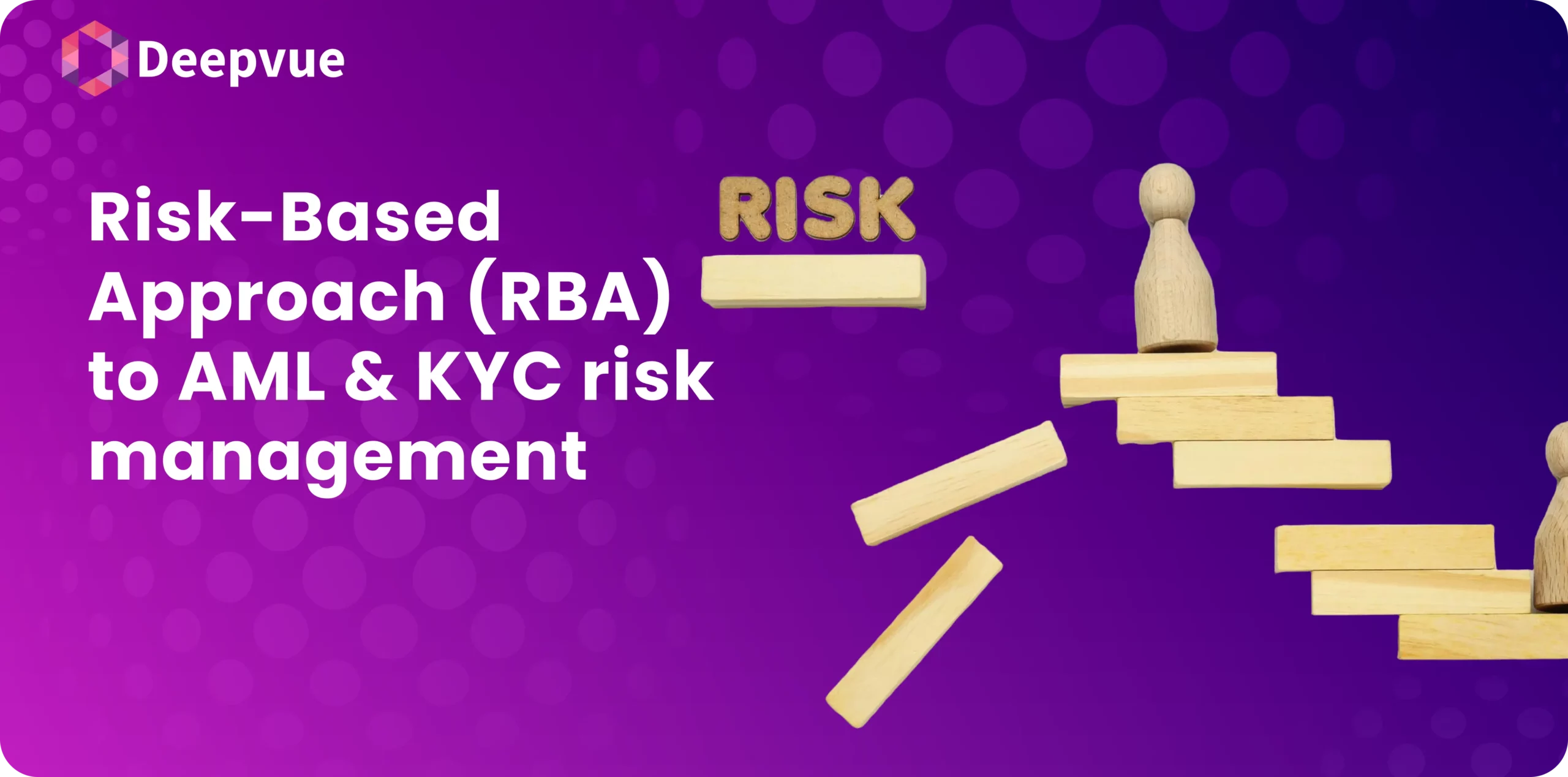KYC Check Definition
KYC Check stands for “Know Your Customer” check. It is a critical process used by fintech companies and financial institutions to verify the identity of their clients. This process helps prevent fraud, money laundering, and other illegal activities by ensuring that customers are who they claim to be. KYC checks are a regulatory requirement in many jurisdictions and are essential for maintaining the integrity and security of the financial system.
What is a KYC Check?
A KYC Check involves collecting and verifying a customer’s personal information, such as name, address, date of birth, and identification documents like passports or driver’s licences. The process typically includes several steps:
- Customer Identification: Collecting and verifying personal details and identity documents.
- Customer Due Diligence (CDD): Assessing the risk profile of the customer and conducting additional checks if necessary.
- Ongoing Monitoring: Continuously monitoring customer transactions and activities to detect any suspicious behaviour.
Importance of KYC Checks
- Regulatory Compliance: Adhering to KYC regulations helps fintech companies comply with laws designed to prevent money laundering and terrorist financing. Non-compliance can result in heavy fines and legal penalties.
- Fraud Prevention: KYC checks help verify the identity of customers, reducing the risk of identity theft, fraud, and other financial crimes.
- Risk Management: By assessing the risk profile of customers, fintech companies can implement appropriate measures to manage and mitigate potential risks.
- Trust and Transparency: Conducting thorough KYC checks fosters trust and transparency between financial institutions and their customers, enhancing the overall credibility of the fintech sector.
Best Practices for KYC Checks
- Digital Identity Verification: Utilise advanced technologies like biometrics, facial recognition, and AI-driven identity verification tools to accurately verify customer identities.
- Comprehensive Documentation: Collect and securely store all necessary documents and information required for KYC compliance.
- Enhanced Due Diligence (EDD): For high-risk customers or large transactions, conduct additional checks and gather more detailed information.
- Ongoing Monitoring: Implement continuous monitoring systems to track and analyse customer transactions and activities for any unusual or suspicious patterns.
- Employee Training: Regularly train employees on KYC procedures, regulatory requirements, and the importance of compliance.
- Data Security: Ensure that all customer data collected during the KYC process is encrypted and stored securely to protect against data breaches.
Challenges in Implementing KYC Checks
- Complex Regulatory Environment: Navigating the varied and complex KYC regulations across different jurisdictions can be challenging for fintech companies operating globally.
- Customer Experience: Ensuring a smooth and user-friendly KYC process while collecting detailed information can be difficult, as lengthy or cumbersome processes may deter potential customers.
- Data Management: Handling large volumes of sensitive customer data securely and efficiently requires robust data management and security practices.
- Technological Integration: Integrating advanced KYC verification technologies with existing systems can be complex and require significant investment.
FAQs
What documents are typically required for a KYC check?
Typically, a KYC check requires documents such as a government-issued ID (passport, driver’s licence), proof of address (utility bill, bank statement), and sometimes additional financial information, depending on the institution’s requirements and the level of risk involved. These documents help verify the customer’s identity and assess their risk profile.
Why is KYC important for fintech companies?
KYC is crucial for fintech companies because it helps prevent financial crimes like money laundering, fraud, and terrorist financing by verifying the identity of their clients. It ensures regulatory compliance, which protects the company from legal penalties and enhances its reputation. Moreover, thorough KYC checks foster trust and transparency, crucial for building long-term customer relationships and maintaining the integrity of the financial system.






